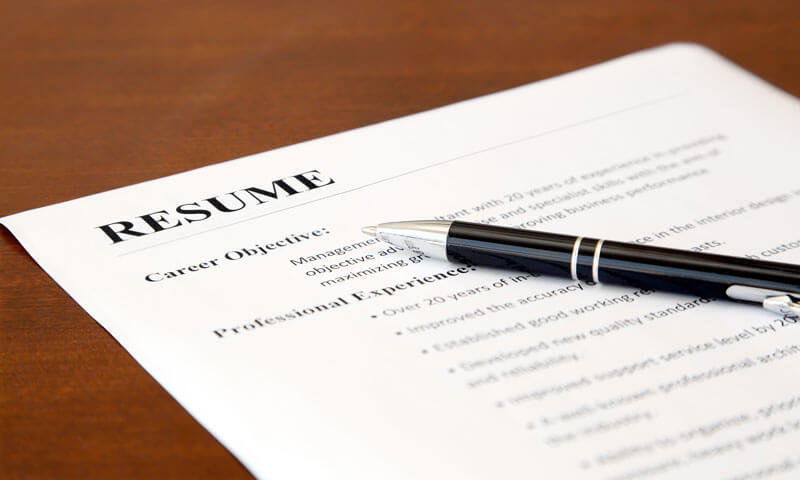Summary: Eight class-action-seeking lawsuits have been filed against Apple because of software that slows old iPhones.
For iPhone users, they’ve been complaining for quite some time that it seemed as if their old phones slowed down. But while those thoughts were just thoughts for a while, Apple recently confirmed that those suspicions were true.
And now Apple may end up paying for that.
As of today, the technology company is facing eight lawsuits that claim it defrauded iPhone users. Apple stated that the slow-down was to save the lithium battery, but customers said that it was a sneaky way to get people to upgrade their phones constantly.
“(Apple) breached the implied contracts it had made with the Plaintiffs and members of the proposed class and sub-classes by purposefully slowing down older iPhone models when new models came out and by failing to properly disclose that at the time the parties entered into an agreement,” a lawsuit filed in New York stated.
According to Forbes, the lawsuits were filed in U.S. District Courts in California, New York and Illinois, and they all seek class-action status. This means that the suits could represent millions of iPhone owners around the country. Additionally, a similar lawsuit was filed in Israel.
The eight lawsuits so far came after Apple admitted last week that they used updates to slow the iPhone 6, iPhone 6s, iPhone SE and iPhone 7 to address power problems with their batteries, which have problems when they are cold, get old, or are low on charge. Apple said that if phones were not slowed down then they could shut abruptly.
Apple’s admission came after Primate Labs identified problems in processing speed and concluded that a software change was the reason.
“Rather than curing the battery defect by providing a free battery replacement for all affected iPhones, Apple sought to mask the battery defect,” according to a complaint filed in San Francisco on Thursday.
According to USA Today, Apple has not commented on the lawsuits, but they said that the slow down was necessary to protect the phones.
“Last year we released a feature for iPhone 6, iPhone 6s and iPhone SE to smooth out the instantaneous peaks only when needed to prevent the device from unexpectedly shutting down during these conditions,” Apple said.
Rory Van Loo, a Boston University professor specializing in consumer technology law, told the Daily Mail that the lawsuits have merit if plaintiffs can prove users would have replaced the battery instead of buying a new phone if they had known about the issue.
“If it turns out that consumers would have replaced their battery instead of buying new iPhones had they known the true nature of Apple’s upgrades, you might start to have a better case for some sort of misrepresentation or fraud,” said Van Loo.
- Comcast Allegedly Enrolled Customers In Useless Program Without Their Consent
- Lawsuit: Apple Intentionally Slows Old iPhones







































